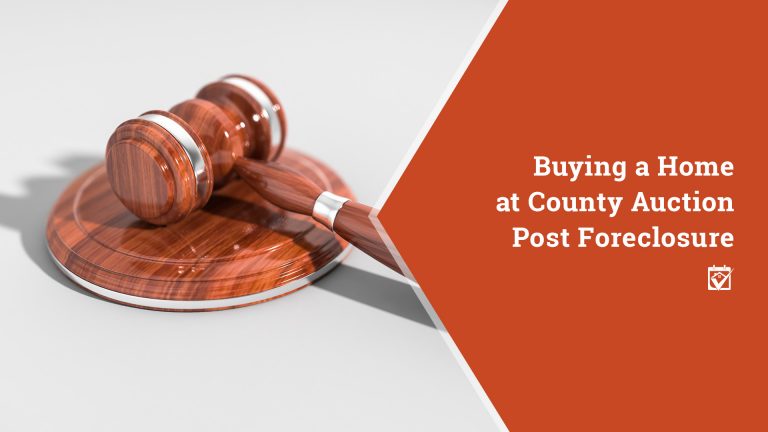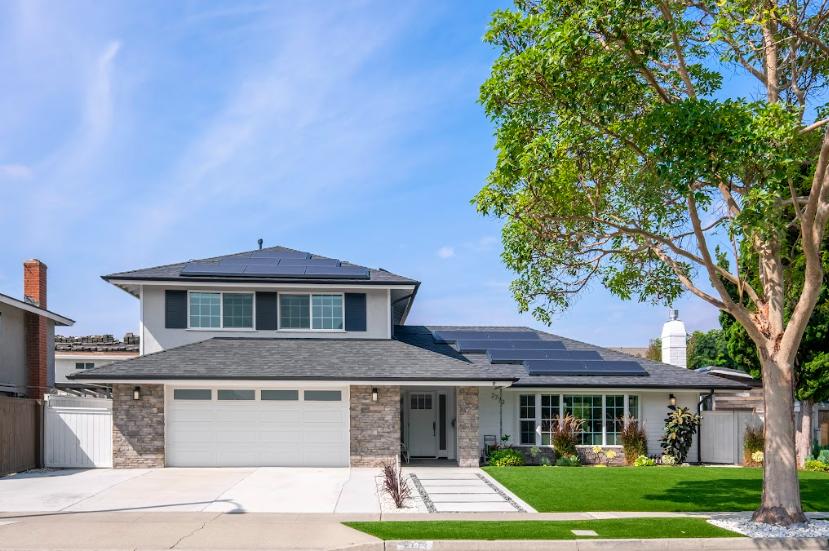Buying A Home At County Auction Post Foreclosure
By Kurt Real Estate Nov 23, 2019

Finding the right investment property can sound like a challenge. For many, it is. Buying an investment for most means saving money on the purchase to spend on the reno with the potential of a far greater pay-off in the long run. But how do you identify that property? And, more importantly, how do you beat other investors to it?
If it’s your first time buying an investment property this can seem near impossible. As someone who has flipped over 50 houses, I can tell you firsthand it is not. Your goals are every bit as possible as you believe them to be. If you have the right agent with the right resources, targeting and ceasing on a post-forclosure opportunity can be the answer to your investment property prayers.
First, let’s answer the basics. How does a home end up on auction? When it comes to a foreclosure, there’s generally only one reason that property ends up on the block – the owner has defaulted on their mortgage payments or property taxes…or both. For most banks, this means a payment is 90+ days overdue. Just because a house ends up in a foreclosure auction, does not mean it is ridden with structural or other problems. In fact, a lot of homes have been thoughtfully abandoned. No doubt, there are plenty of dilapidated houses that come up and are subsequently torn down, but if your goal is to find something with good bones that doesn’t need a total overhaul, you can certainly find it here.
How do you get the most out of a foreclosure auction? There is a lot to learn about buying a house at a post-foreclosure auction so don’t use this as your only source. These are merely pointers that you can use aimed at empowering you to learn more and find the right professional that can help steer the course for you.
Before heading to an auction, you should be liquid. Don’t be discouraged; we don’t necessarily mean all cash. While certainly arriving with cash is preferred, it’s not entirely possible for every investor. What you should do is come prepared with a cash equivalent. This could be an already approved loan or line of credit. You can’t walk into an auction expecting that you can spend the next month getting loan approval. You’ll need to come with approximately five percent to put down that day and the balance in some other cash-equivalent.
Base your highest bid on the price of the house minus the repairs. This may sound obvious, but not all auctions allow for a home inspection to be conducted as would typically happen in a conventional residential sale. Find out ahead of time, if an inspection would be permitted and, if not, keep your bid low to account for all the repairs that may be needed.
Remember that the owner can still redeem the home within a specific time period. There is a common misconception of county auctions that, once your bid is accepted, you now own the home. Most states allow a redemption period for the former owner. In California, the redemption period is one year. This means, the former owner can essentially “buy back” the property within a year of it being foreclosed on, should they be able to get the money together and their finances in order.
Whether this is your first or your fifth, it’s important to surround yourself with experts in the field. A good agent familiar with county auctions and foreclosures will be able to guide your first few transactions. Learning the hard way can be much more expensive than working with someone who buys, sells, and flips homes for a living.
Join our network
Keep up to date with the latest market trends and opportunities in Orange County.



